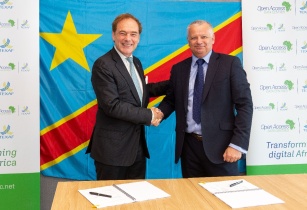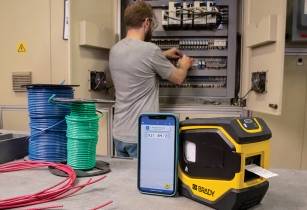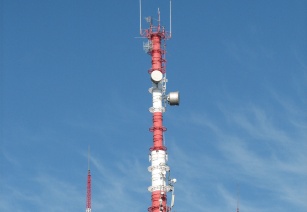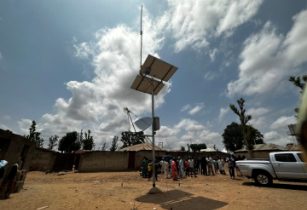The World Bank Board of Directors has approved an International Development Association (IDA) funding of US$100mn for Niger
The funding, which includes US$50 credit and US$50mn grant, will help Niger implement an ambitious programme to use digital infrastructure and services to modernise its economy and strengthen access to basic services.
Niger suffers from underdeveloped digital infrastructure, and the country has one of the lowest telephone coverage levels in Africa, despite the presence of several mobile network operators. Approximately half the population is not covered by mobile broadband, and there are huge gaps in coverage between urban and rural areas where most people live.
The Smart Villages for Rural Growth and Digital Inclusion project aims to increase access to cellphone and broadband services in rural areas and to provide digital financial services to selected underserved regions of Niger.
In particular, the Smart Villages project will increase digital connectivity by supporting reforms that would help create an enabling environment for private telecommunications sector investment.
It will promote women’s access to telecommunications and financial services by helping develop a national digital equity strategy. About 1,240,000 people (most of whom are farmers) in 2,111 selected villages will benefit from the project’s significant activities which include, inter alia, financing digital infrastructures, conducting digital and financial literacy campaigns, modernising farmers’ cooperatives’ payments devices to allow digital payments, and creating of digital data platforms for farmers.
Given the challenges posed by the COVID-19 pandemic, the Smart Villages project will speed up the adoption of mobile payments to reduce cash payments that are less secure and can help spread the infection.
Tim Kelly, World Bank’s lead digital development specialist, and co-task team leader for the project said, “The COVID-19 pandemic has highlighted the necessity to accelerate digital transformation to help countries like Niger to maintain private sector activities and save lives and jobs.
“The new project will support Niger to harness its potential for digital development by ensuring that all citizens have access to high quality and low-cost Internet, that public services are easily accessible online, and that the digital economy is driving growth, innovation and job creation.”



































